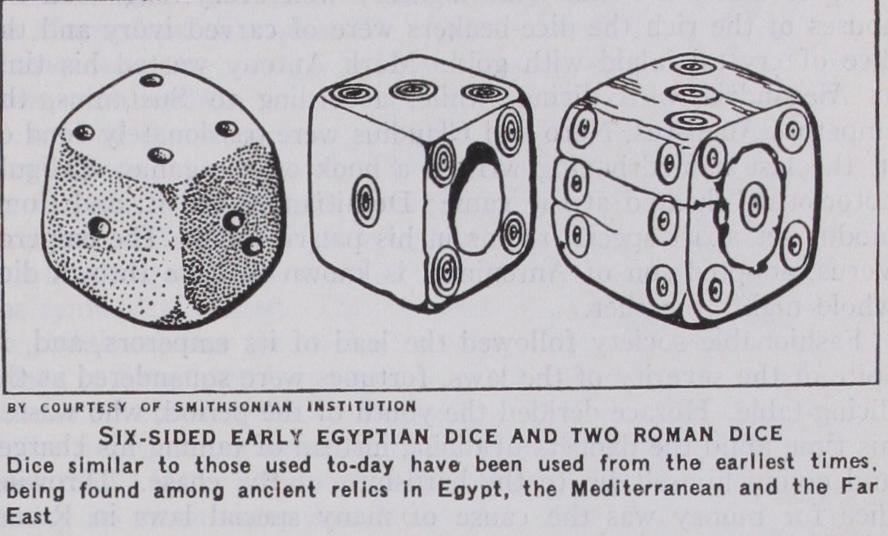Worldbuilding and the Whims of History
Quick thoughts on Game of Thrones, the Mongolian Empire, and putting chaos in your worldbuilding
Yesterday, a Washington Post reporter made a strange claim that history is almost always the matter of large structural forces and never about individual choice or chance. I’m only an amateur historian (if even that), but as plenty of actual historians pointed out this is basically completely backwards: history only seems inevitable because of narrative…
Keep reading with a 7-day free trial
Subscribe to Counter Craft to keep reading this post and get 7 days of free access to the full post archives.




